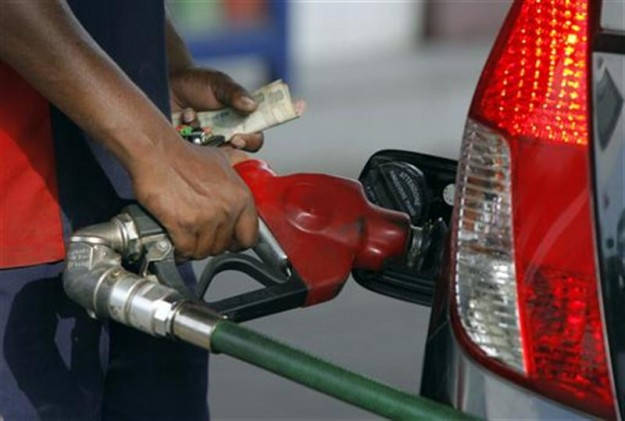(3 minutes read)
Fuel prices in Ethiopia rose by about 20% on September 29, less than three months after a hike between 30% and 40% hike. This is a part of the phasing out of government subsidies for petroleum products as dictated by the multilateral lenders to cut down the debt burden of the country
Fuel prices in Ethiopia rose by about 20% on September 29, less than three months after a hike between 30% and 40% hike. This is a part of the phasing out of government subsidies for petroleum products as dictated by the multilateral lenders to cut down the debt burden of the country.
Soaring crude oil prices this year widened the state’s deficit. As a result, the Ethiopian government decided to phase out all fuel subsidies in July. The international oil prices showed some stability in September world -wide. But the fall in fuel prices is not significant in countries like Ethiopia, which are facing the double whammy of increased food prices and consequent inflation.
The price of petrol increased by 19.83%, from 47.83 to 57.05 birr (1.12 euro). The diesel and paraffin prices rose by 22.19%, from 49.02 to 59.90 birr (1.18 euro). Since December, petrol and diesel prices in the East African country have more than doubled, increasing by 120% and 157% respectively.
Read Also:
https://trendsnafrica.com/ukraine-wheat-for-ethiopia-and-somalia/
https://trendsnafrica.com/new-year-dawns-in-on-ethiopia-as-country-faces-worst-inflation/
The first stage of subsidy removal in July led to the price of petrol jumping by almost 30% and diesel by almost 40%. The government has a monopoly on the import of fuel. The imported oil is transported by road from Djibouti to landlocked Ethiopia, pushing up the retail prices, which increased in December 2021 and again in May 2022. Conflicts in Tigray seem to be the main reason for the negative impact on the economy.





